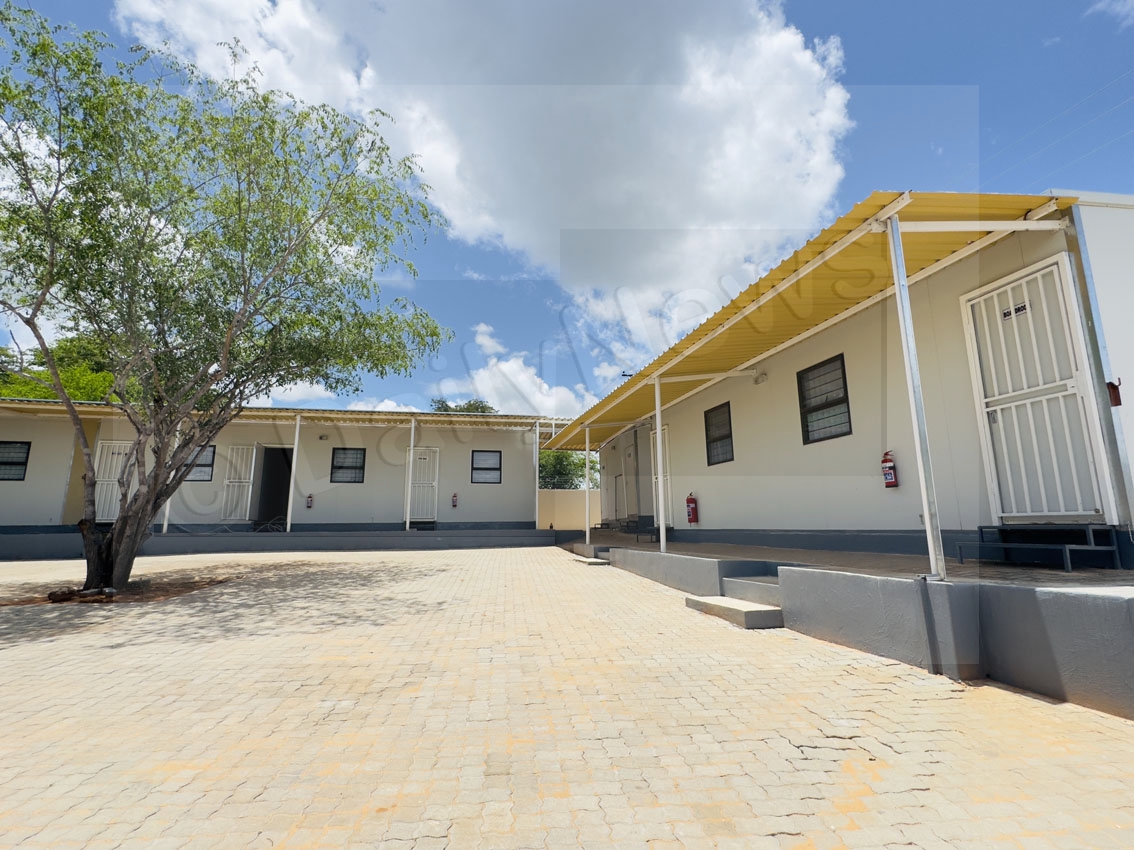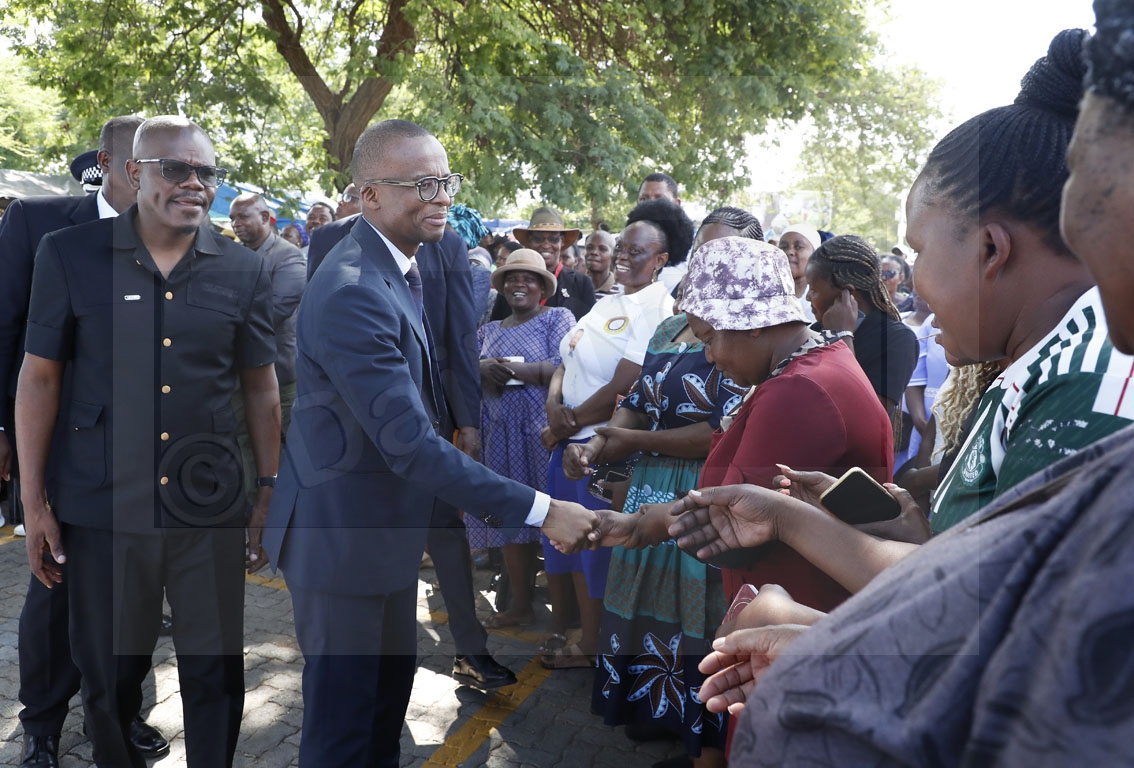Women empowerment programmes underutilised
08 Feb 2024
It is imperative to empower women with business-related training and financing as most remain the backbone of many households in Botswana.
Such support would help women run successful businesses, and become independent.
For such reasons, the Department of Gender Affairs has been mandated to facilitate the mainstreaming of gender issues in the development process, said Gender Affairs Officer, Ms Peoyame Tladi.
She said this at Serowe College of Education on Tuesday, in a workshop featuring speakers who shared invaluable insights on crucial aspects of business success, mostly attended by women entrepreneurs.
Ms Tladi said the Women’s Economic Empowerment Programme was an initiative to help groups of women obtain seed money to start their own income generating projects.
She stated they provided valuable insights and knowledge through such workshops with the aim to empower women entrepreneurs to be able to make informed decisions, navigate complex business landscapes, and achieve lasting success.
“Economic empowerment aims to raise the capacity of women and men to participate in, contribute to and benefit from growth processes in ways which recognise the value of their contributions, respect their dignity and make it possible to negotiate a fairer distribution of the benefits of growth,” she said.
One of presenters at the workshop, Executive Officer of Citizen Entrepreneurial Development Agency (CEDA), Ms Lame Mogapi, said CEDA provided subsidised loans for various micro-entrepreneurs to enable citizen participation in enterprise development.
Ms Mogapi told participants that Mabogo-Dinku loan offered micro-enterprises an opportunity and enables citizen participation in enterprise development.
Mabogo-Dinku loan provided micro- enterprises with funds for their needs such as working capital and small asset finance.
“Mabogo-Dinku offers short term loans from P500 to a maximum of P150 000 per person, payable in 3-12 months to citizens who are micro-entrepreneurs to assist in the growth of their business,’’ she said.
She said the funds could be used towards business running expenses such as stock, rentals, acquisition of micro-business assets such as equipment.
Another, panellist, Branch Manager of National Development Bank (NDB), Palapye. Ms Oatsi Ndlovu said national development was the improvement of a nation, economically, socially, and politically, to better the standard of living for a population.
“NDB’s main objective lies in providing a varied range of financial services to Botswana’s business sector and the public at large while aiming to earn satisfactory returns on shareholder’s funds,” she said.
Ms Ndlovu noted that as a Development Financial Institution (DFI), NDB was viable and self-sustaining and continued to contribute immensely to the growth of the local economy.
To implement its mandate, the bank provided loan financing for new and existing undertakings falling under the following sectors, all Agricultural projects, industrial, manufacturing, processing and mining, real estate and human development.
However, the third panellist from Special Economic Zones Authority (SEZA), Ms Orekolotse Koloi, a Strategic Stakeholder Engagement Officer, said SEZA began operating in April 2018.
She said its mandate was to establish, develop and manage Special Economic Zones (SEZs) in Botswana.
“Our job at SEZA is to guide, develop, deliver, and grow the SEZ’s by delivering investor friendly services which enable, facilitate, and promote real and value added investment in Botswana,’’ she said.
Ms Koloi said an act to make provision for the establishment, development and management of special economic zones for creating a conducive environment for local and foreign investment and to facilitate expansion of employment opportunities. Ends
Source : BOPA
Author : Tshiamiso Mosetlha
Location : Serowe
Event : Workshop
Date : 08 Feb 2024






